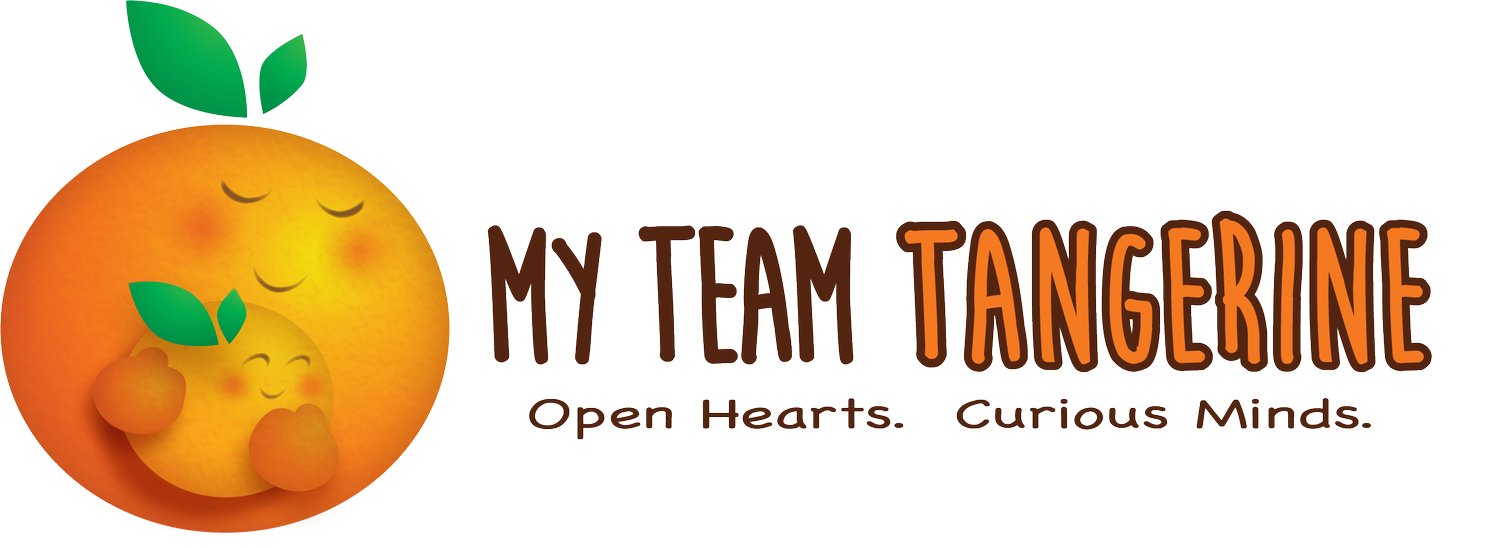A Journey of Authenticity and The Positive Impact on Children
Lately I have been doing a lot of thinking about my own authenticity. As a parent, I had gotten on this merry-go-round ride of “what is right?” and I was constantly trying to seek out the right answer so that I could make the “right decision.” Then around and around I’d go with this process everyday about every parenting decision I thought was significant. Boy, is that process exhausting!
The World Through Your Child’s Eyes
When you are parenting, keep in mind that your child is likely viewing a situation, experience, or information differently than you.
The Best Tips on Improving Communication With Your Child
Talking and communicating are not the same thing. You can communicate without talking. You can talk without communicating if your words are not able to convey the message you want someone to receive. How much does an inability to communicate contribute to arguments between you and your children?
Practical Advice For The Parenting Partnership
When you are raising children with a partner, co-parent or spouse, it requires a tremendous amount of communication and cooperation. When parents can communicate and work together, the responsibilities of parenting are more manageable and set a good example of teamwork and cooperation for children.
What Is a Good Parent?
Do you ever ask yourself, Am I a good parent? If your child is unhappy, hurt, sick, or struggling with a problem, it can easily create doubt and feelings of inadequacy in your parenting skills. So what does it really mean to be a good parent?
Your Family Values: What Will You Pass Down?
Family values are beliefs and worldviews that we share and teach our children. Family values are created through past family traditions, life experiences, spirituality, and social-political views. No one person has the exact same values. They may be similar, but they are like fingerprints - all unique to each individual.
Creating A Safe Space For Kids: Emotional Regulation
When your child is feeling sad, anxious or angry, being in a safe place is the first step to helping your child regulate their feelings. If they feel safe, then they can focus their attention on managing their current emotional distress.
Emotional Roller Coaster: Navigating Children’s Emotions
Days with your children can feel like an emotional roller coaster with highs of laughing and giggling to lows of tantrums and crying. These highs and lows can happen within a span of minutes. Emotions are part of the human experience. As parents we have an opportunity to be a role model for healthy emotional expression and regulation, and guiding our kids when they’re experiencing strong emotions.
Siblings Fighting: Steps for Peaceful Resolution
Fighting between siblings can include yelling, hitting, throwing things and blaming. When children are in “fighting” mode, emotions are high and children can become competitive and defensive. With peaceful resolution, your children learn steps that allow them to communicate their emotions and needs, and listen respectively to others without yelling, hitting and in the case above slamming doors.









